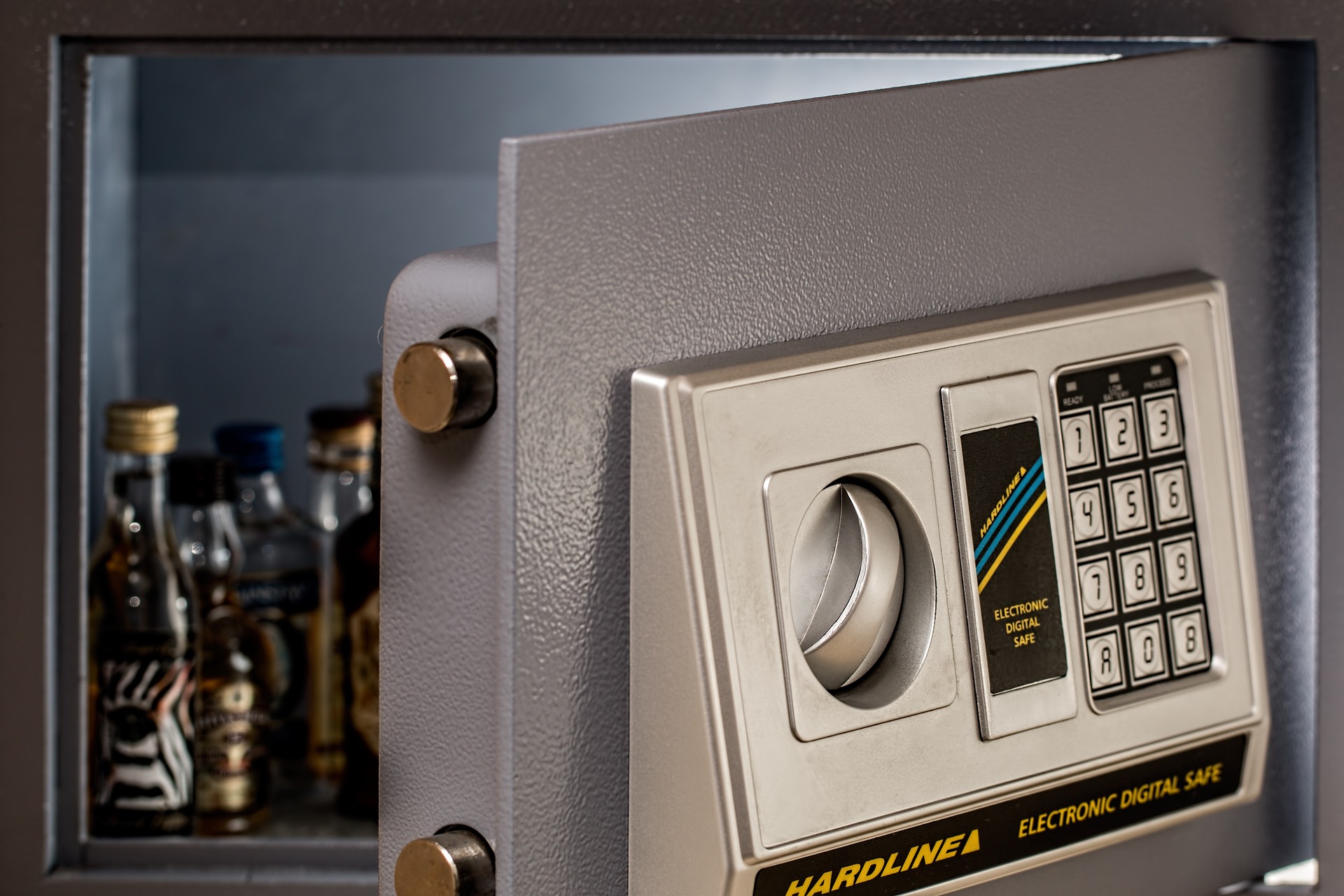The safekeeping of client confidentiality is one of the most critical tasks of any professional. And while many attorneys and other professionals have learned the general principles related to safeguarding client confidentiality, it can still be difficult for them to know what “best practices” are. That’s why we’ve put together this list all about how to safeguard client confidentiality, complete with tips on how you can keep your clients safe from any prying eyes or opportunistic thieves!
- The Right Language
A word in the language has a meaning that’s different from a word in another language; same with a phrase. As a result, it’s critical to know how to use the correct language when discussing legal issues, especially when discussing a topic involving clients’ personal information.
Knowing how to use language that protects client confidentiality in the proper context is essential. For example, some jurisdictions have laws that require attorneys or other legal professionals to report their clients’ illegal activities. As a result, you’ll need to know how to use language that specifies when it’s okay to breach the client – and when it’s not okay to make sure you avoid any unintended consequences down the road.
- Location
The physical location of your office can significantly impact your ability – or inability – to safeguard confidential information. For example, suppose your office is located in a strip mall that has its security. In that case, it’s going to be much harder for someone to get into your office without getting caught – or at least without being seen – than if your office was located in an apartment complex with lax security.
So as you’re choosing a place to open an office, think about the security level of the area around you; this is likely one of the most critical factors when safeguarding client confidentiality.
- Internet and E-mail Security
The internet has dramatically changed the way we do business today. And while the internet has a lot of good aspects, it also has its downsides. One downside of the internet that many people don’t consider is that it is straightforward to misuse this technology to track down information about your clients. This can make it easy for other people to find out what you’re doing with your work, even if you think they don’t have enough evidence.
Protecting your e-mail and private note online is essential, especially if you have a computer and access to the internet at home or are using an office computer outside of work. This is why it’s essential to be aware of internet security and how to use the internet safely.
- Protection in Your Own Office
It’s also a good idea to teach employees how to protect client confidentiality – especially those that work for you. Employees can find out about client information without your consent, so they must know their responsibilities regarding safeguarding this information.
- Account Access Control
This one is less of a tip vs. more of a best practice, but it’s an important one to keep in mind. As an attorney or other professional, you’re unlikely to want some of your clients’ information out in the open with all your coworkers or anybody else who can access it. In addition, most people don’t like to share their personal information with strangers. And this is why you must ensure that only those employees needing access to confidential information have access to it.
Conclusion
You can do many things to help ensure the safety of your client’s information, and private note, primarily if they’re based in your office. And while it’s true that there are going to be any number of ways in which your confidentiality can be breached, it’s essential to prepare for every possibility – and make sure you know how to protect client confidentiality at all times.
Read also : How to Apply for Loans With Soft Credit Check?

